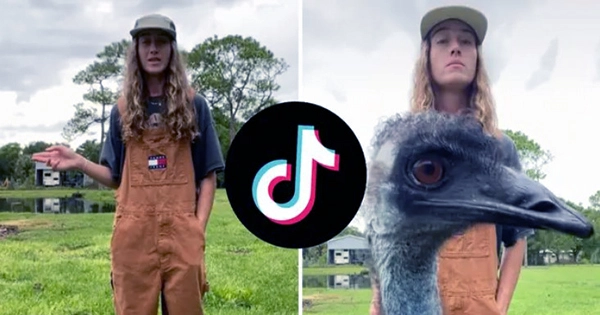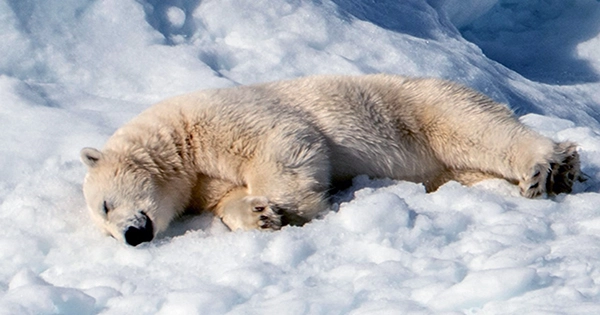Emu Emmanuel, a popular TikTok user who amassed a sizable online following as a result of footage uploaded by his owner to Knuckle Bump Farms in Florida, has apparently contracted avian influenza.
Taylor Blake, the farm’s owner, said on Twitter that wild geese brought avian influenza to the property, and that many birds had subsequently perished as a result.
Many people are now asking: What precisely is avian influenza, and what do I need to know? as a significant outbreak sweeps poultry farms across the US and the UK.
What is the avian flu?
An influenza virus is the sickness known as “avian influenza.” a virus that affects many different types of birds.
Due to its possible effects on bird health, output, and even international trade, it may have serious repercussions for the poultry industry.
Even though avian influenza rarely affects humans, it is nonetheless regarded as a zoonotic virus. This means that it can spread to people through contact with infected animals, and isolated cases have been observed during poultry epidemics.
Different avian influenza viruses have different levels of pathogenicity. Highly pathogenic avian influenza can result in abrupt and considerable mortality if it enters a poultry farm because pathogenic denotes disease-causing.
According to reports, Emmanuel’s farm is experiencing an epidemic of a highly virulent strain that has been infecting domestic poultry and wild birds in the US since January 2022.
Even low pathogenic strains can cause illness in birds and reduce egg production.
Humans who have contracted avian influenza can experience a variety of clinical symptoms, from minor upper respiratory issues to life-threatening pneumonia.
Humans can develop serious illness from some avian influenza strains, including the highly deadly H5N1 and H7N9, and in some cases even pass away.
Antiviral medications are the typical course of treatment for humans, depending on the specifics of the case and the severity of the symptoms.
Contact with diseased wild birds is the most common way for domestic birds to become infected. Direct touch or contact through water tainted with wild bird droppings may be involved.
In order to limit the spread of avian influenza, many birds must typically be killed when an outbreak occurs on a poultry farm.
Is the avian flu present in Australia?
According to the World Organization for Animal Health, Australia’s domestic bird population is free of avian influenza. Nevertheless, there is now a little spread of low pathogenic influenza viruses among wild birds.
The most recent outbreak of low and highly pathogenic avian influenza to afflict domestic chicken in Australia was on farms in Victoria. To eradicate the sickness, many birds were killed, and it was always successful.
None of the viruses responsible for these outbreaks in Australia have ever infected humans with illness. When handling chickens, it’s crucial that we adopt biosecurity and good hygiene.
Since ducks, the bird species most likely to carry this virus, do not migrate to Australia, we do not currently have H5N1 here. Additionally, Australia has very severe biosecurity regulations in place to guard against disease importation. As a result, there is extremely little chance that this strain will enter the country.
In Australia, efforts to lower the risk of avian influenza epidemics in poultry have primarily focused on limiting interaction between wild and domesticated birds.
This entails guarding and treating water supplies as well as limiting the access that wild birds have to farms.
There have been more domestic outbreaks in Australia over the last ten years. According to earlier studies, the rise in free-range poultry over the past 30 years may be responsible for this surge.
In a 2019 work that I coauthored, we modeled how risk reduction measures could be used, noting that:
A significant epidemic in Australia would have a devastating financial impact on business, result in the deaths of countless birds, and possibly endanger human health.
Although there are avian influenza vaccines for poultry, these would only be taken into consideration if an outbreak developed widely.
The most crucial preventative measure we have to stop outbreaks continues to be using proper biosecurity procedures on chicken farms.
















